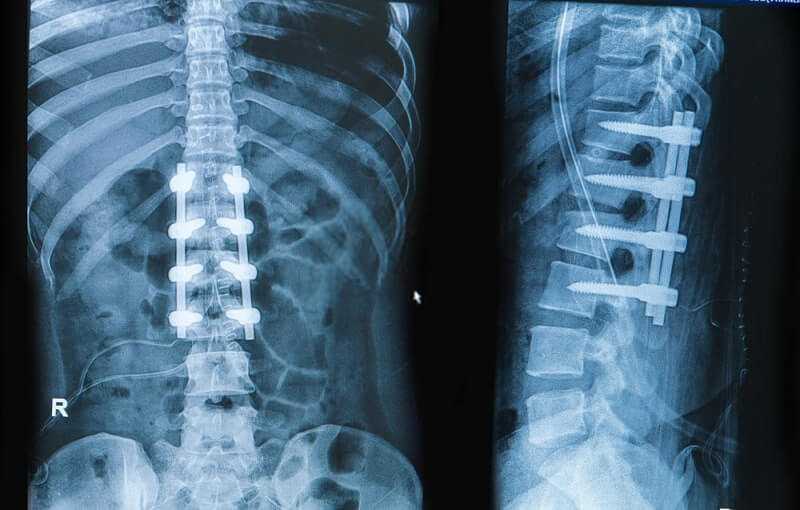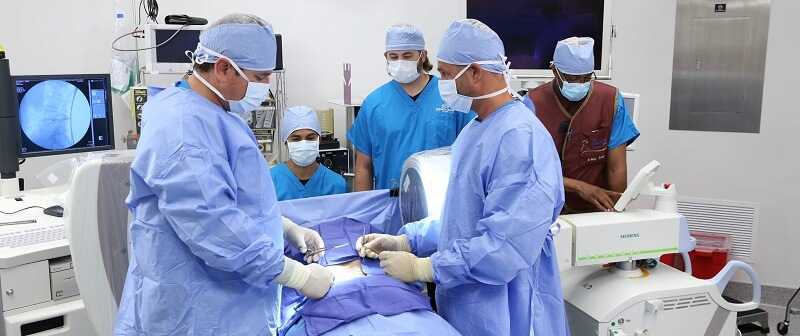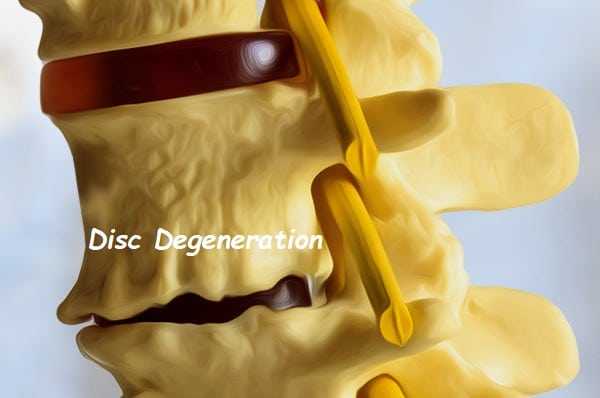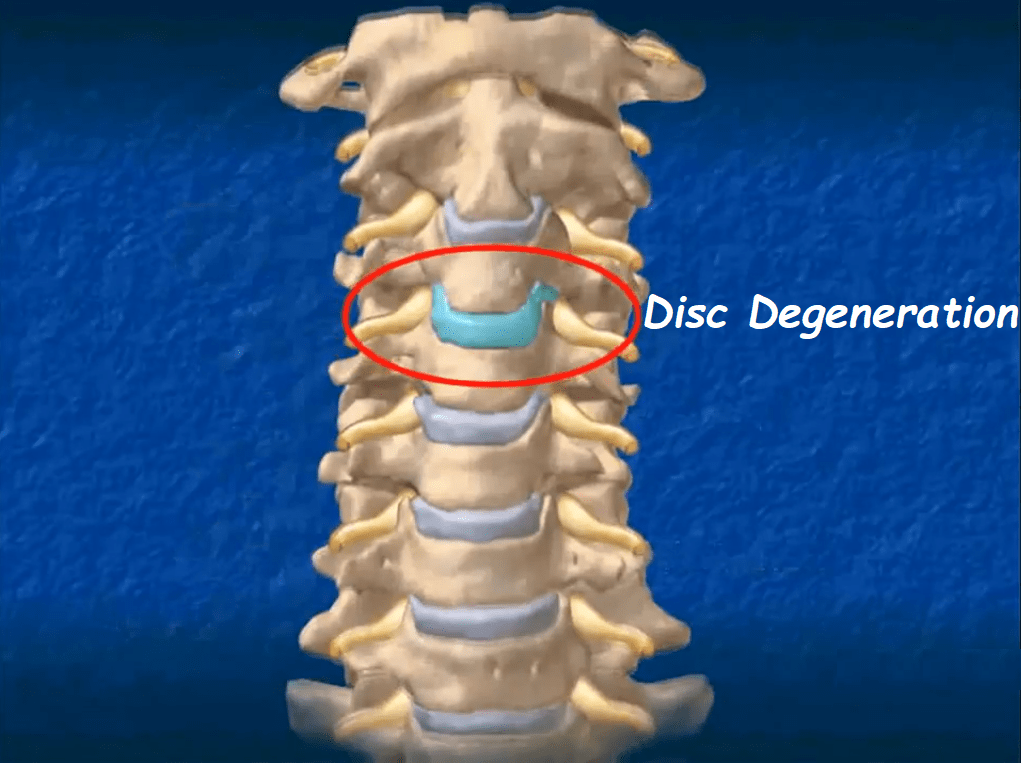Can Older Patients Undergo Degenerative Disc Disease Surgery?

Degenerative disc disease surgery may become a consideration for many elderly patients whose spine pain has not improved with conservative treatment methods. More and more people over the age of 65 are having surgery these days, primarily because people are living longer than ever and medical advancements are making surgery safer. While the risks of surgery will vary greatly depending on the type of procedure being performed, it is imperative that geriatric patients take into consideration that they may have an increased chance of surgery-related complications due to their advanced age.
Increased Risks for Older Patients
As people get older, the bodily processes start to slow down. Injuries heal more slowly and the body is not able to recover from illnesses as quickly as it once was. For this reason, it is extremely important for elderly patients to recognize that they are at an increased risk of problems during the intraoperative and postoperative phases of a surgical procedure. These problems may include blood clots, excessive bleeding, cardiovascular complications, pulmonary complications, delayed healing, confusion or memory loss, and infection.

Another important factor to remember is that if an elderly patient has been living with a degenerative neck or back condition for some time, such as a herniated disc or a bulging disc, the other components of the spinal anatomy might have changed or shifted to accommodate the degenerated portion. In these cases, back surgery may end up doing more harm than good if the procedure destabilizes other parts of the spinal column.
Finding a Geriatric Spine Specialist
If you are a senior who is considering degenerative disc disease surgery, it is in your best interest to look for a geriatric spine specialist who is well-versed in the potential complications that face elderly patients who have surgery. As you’re evaluating potential specialists, be sure to ask them how many spine surgeries they have performed in their career and in the last five years so that you can ascertain their level of experience. Also, ask what the average age of their past patients has been and what types of complications they see most often in their elderly patients who undergo spine surgery.





